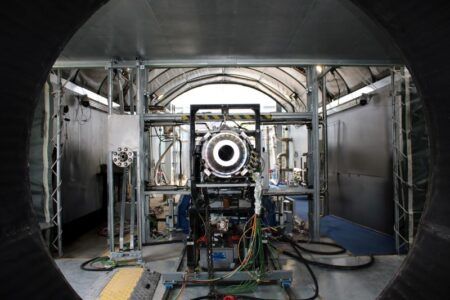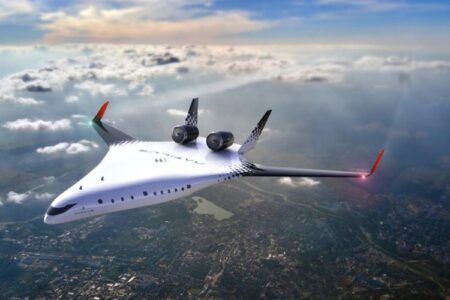Embattled US-aircraft manufacturer Boeing has formed the Aerospace Safety Committee following a five month review of its policies and processes.
The move is the company’s first attempt to meet criticism about its design and testing procedures following the Lion Air Flight 610 and Ethiopian Airlines Flight 302 737 MAX accidents in October 2018 and March 2019 in which 346 people were killed. The global fleet of 737 Max aircraft was grounded shortly after the second accident while Boeing engineers work to fix the faulty automatic trim system on the aircraft blamed for the accidents.
The new safety committee, which was formally approved by Boeing’s management board in August, will oversee and ensure the safe design, development, manufacture, production, operation, maintenance and delivery of the company’s aerospace products and services.
Retired nuclear submarine officer Admiral Edmund Giambastiani, a former vice chairman of the company will head up the new committee. Current board members Lynn Good, chairman, president and CEO of Duke Energy Corporation, and Lawrence Kellner, president of the Emerald Creek Group and former chairman and CEO of Continental Airlines will also be on the committee.
Boeing’s board has also amended the company’s rulebook, so that any people appointed to be a director must possess safety-related experience.
The board has also recommended that several measures from the review are introduced to improve the safety of Boeing’s aircraft. These recommendations are currently being addressed by Boeing’s senior managers, and it is expected the company soon will announce specific actions that will be taken.
The proposed changes include the creation of a Product and Services Safety organization that will investigate cases of undue pressure and anonymous safety concerns raised by employees. The Product and Services Safety organization would also provide a new reporting structure for certification and accident investigations.
The engineering function of Boeing should also be “realigned” so that its senior engineers report to the company’s chief engineer, John Hamilton, with a best practice database formed to aid improvements and a requirement for all safety reports from now to be provided to the company’s chief engineer.
Other recommendations from the review which have been recommended include an examination of flight-deck design in partnership with airlines, to ensure they are meeting the aviation industry’s needs.
Edmund Giambastiani, the newly-appointed chairman of the Aerospace Safety Committee said, “The safety of the global aviation industry is rooted in its dedication to continuous improvement and learning.
“The independent committee review was extensive, rigorous and focused on delivering specific recommendations to ensure the highest levels of safety in Boeing airplanes and aerospace products and services and for all who fly on Boeing airplanes.
“The committee and the board believe these recommendations, along with actions already taken by the board, will strengthen engineering at the company, bolster the safety policies and procedures for the design, development and production of Boeing products and services, and further improve board and management oversight and accountability for safety not only at Boeing, but throughout the global aerospace industry.”





